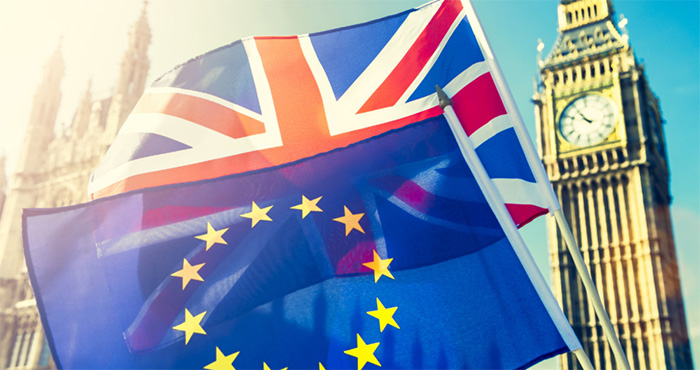NOAH, which represents 95% of the UK animal medicines sector, has produced information for the veterinary medicines supply chain to ensure they are as prepared as possible, in preparation for the possible event of a no-deal EU exit on October 31.
This campaign, supported by government funding, outlines the necessary steps all businesses in the animal health industry should be taking to prepare for Brexit.
The advice has been split across five key areas: supply, regulatory, pharmacovigilance, cascade and product imports and EU workers.
Supply
Almost all veterinary medicines used in the UK come from the EU. As veterinary medicines are classified as category one, high priority goods, by the government, companies are working closely with Veterinary Medicines Directorate (VMD) and the Department of Transport to plan for Brexit and the possible complications that could arise from imports.
These preparations include alternative routes & logistics, trader readiness and establishing appropriate stock levels.
Regulatory – product authorisations
All veterinary medicines authorised for use in the UK will continue to be authorised after Brexit and can remain on the market for sale and supply in their existing packaging. Products authorised through the EU (also valid in UK) will automatically have licences converted into UK authorisations.
There will be no change to licensed indications for use nor changes to withdrawal periods. Any future new products authorisations or any changes to existing product licences will need to go through VMD; in the case of a no-deal, EU systems for authorisations will not apply here. Changes to UK packaging and leaflets will take place gradually after Brexit, however, vets will still be able to use products with EU Marketing Authorisation details on the packaging.
Pharmacovigilance – reporting suspected adverse reactions
Vets and farmers should continue to report suspected adverse reactions to products to either the VMD or the company (MAH). VMD and MAHs will continue to work together to monitor and maintain product safety.
The cascade and product imports
The VMD will no longer be able to favour EU medicines over those from other countries. In order for vets to be able to import medicines for veterinary use, only Special Import Certificates (SIC) will be available.
EU workers – settled status
Citizens from the EU, EEA and Swiss citizens should apply for settled status in the UK. British or Irish citizens need not. Depending on the length of residency in the UK, workers who apply will get settled or pre-settled status. If you have EU workers in your business, you can check what they need to do now by clicking HERE. www.gov.uk/eusettledstatus.
NOAH chief executive Dawn Howard said: “We remain committed to working closely with government and our members and stakeholders to ensure the availability of veterinary medicinal products and services is safeguarded post-Brexit.
“We are hosting seminars throughout the UK and holding webinars to communicate the necessary information to as many animal health professionals and businesses as we can as we work together to ensure business readiness for our Exit from the EU.”
Veterinary medicines will continue to be available after Brexit
A joint statement from Veterinary Medicines Directorate (VMD) and the National Office of Animal Health (NOAH) has indicated that all veterinary medicines authorised for use in the UK will continue to be authorised after Brexit and can remain on the market for sale and supply in their existing packaging.
The VMD said it has well established mechanisms for dealing with supply issues that arise from time-to-time and works closely with NOAH and its membership to inform robust intelligence-led warning systems to detect potential problems at the earliest point possible.
In order to address supply issue concerns, the VMD has enhanced its emergency response plan to support the continued supply of veterinary medicines – whatever the cause. The plan includes several levels of response and cuts across government as necessary, depending on the severity of the issue, to form a comprehensive resolution.
The statement said: “We advise animal owners to heed the advice of the veterinary profession: to discuss the timing of any vaccinations with their vet and urge pet owners whose animals are undergoing long term treatment to seek repeat prescriptions in good time from their veterinary practice.”




